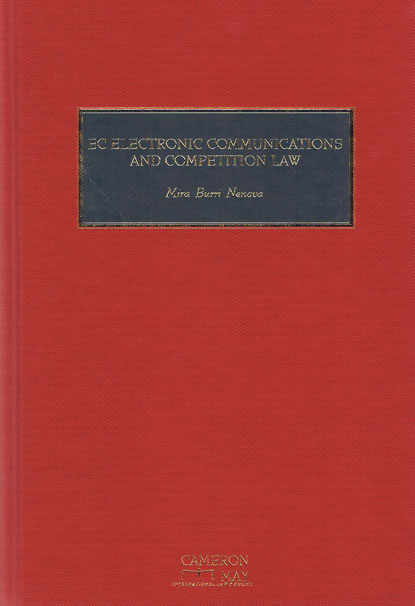
Electronic communications has developed at an incredible speed over the last couple of decades. The technological advancement has, most noticeably, enabled our phones to shrink. It now also gives more us the ability to communicate in many more ways than we could have imagined in the recent past. This exponential growth in the sector presents the EU with its own set of the challenges.
This new book addresses the regulatory aspects of contemporary electronic communications in the EU and advances the outlines of a coherent model for its regulation. It explores whether competition law is indeed the all encompassing regulatory panacea, at the expense of sector specific rules, envisaged by the 2002 reform package.
The book argues that the question of whether competition law is the appropriate tool needs to be examined not in the conventional contexts of sector specific rules versus competition rules or deregulation versus regulation but in a broader governance context. The reader is provided with an insight into the workings of the communications sector which is exposed as being network-bound, converging, dynamic and endowed with a special societal function. This together with the scrutiny of the underlying regulatory objectives paints the most comprehensive picture of the in the communications sector.
The author captures the interplay between sectoral communications regulation, competition rules (in particular Article 82 of the EC Treaty) and the relevant rules of the World Trade Organization (WTO). The in-depth analysis takes into account the most important recent developments in EC competition law and practice surrounding in the field of refusal to supply policies and tying agreements. The analysis also covers the reform of the EC electronic communications framework and such new decisions of the WTO dispute settlement body as the Panel Report in the Mexico - Telecommunications Services case.
The book will be of particular interest to communications and antitrust law experts, both Community andMember State policy makers, government agencies, consultancies and think-tanks active in the field. Experts on other network industries (such as electricity or postal communications) will also benefit from the in-depth treatment of this fast maturing sector.